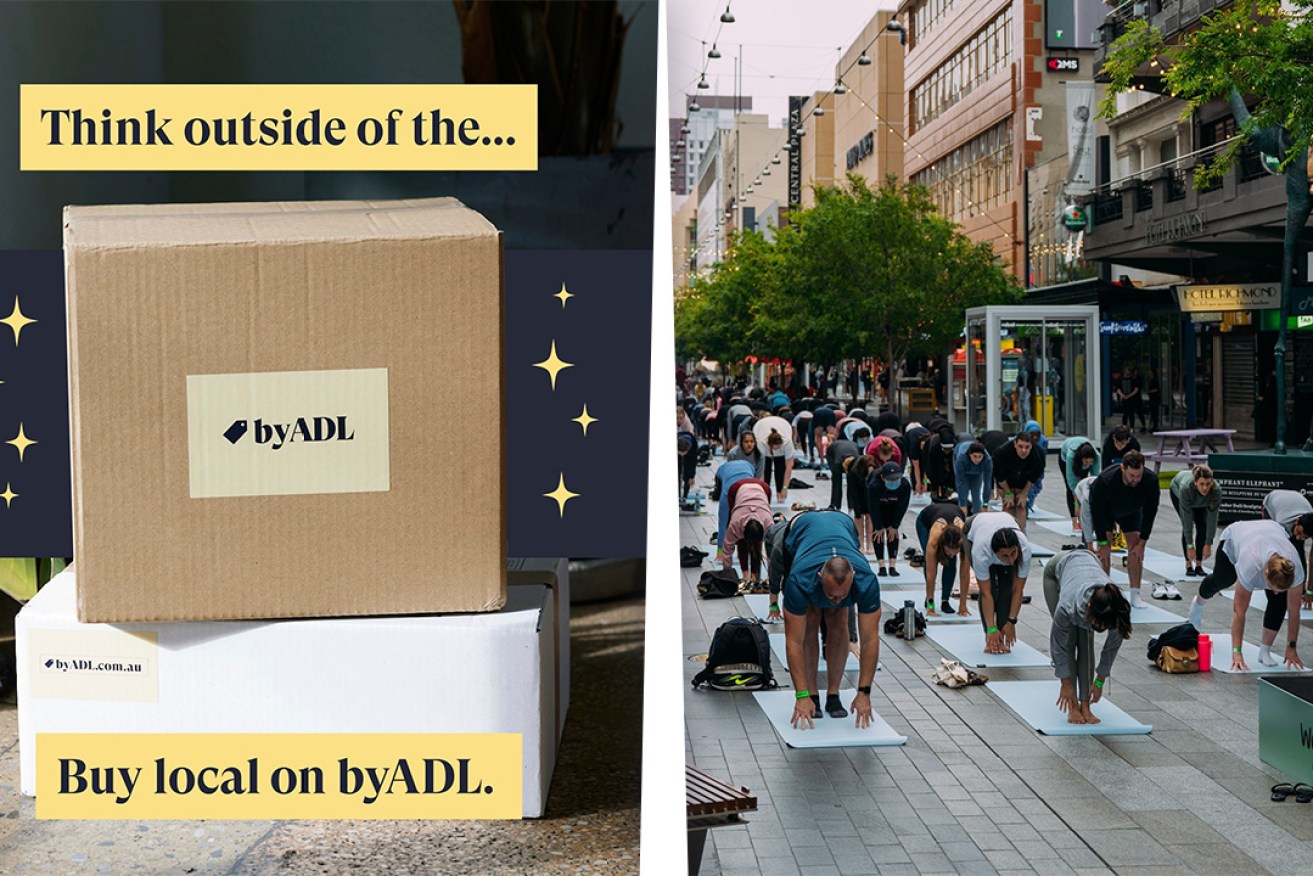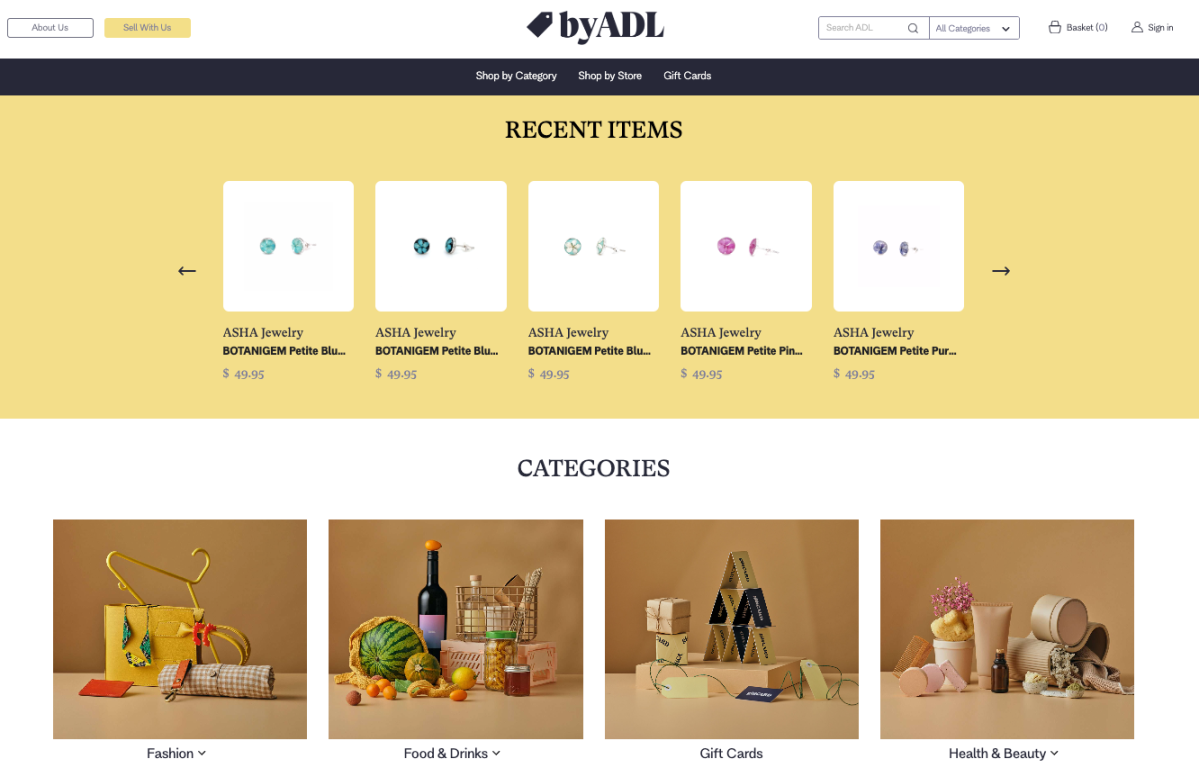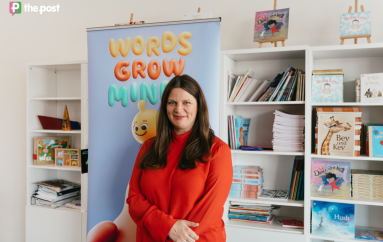‘Poor investment’: City programs questioned in review
A $400,000 “wellness” event funded by Adelaide City Council’s economic development agency should be reviewed and an e-commerce website for city businesses has been an “unjustified investment”, an independent report says.


byADL (left) is an ecommerce platform for city businesses. Wellfest Adelaide (right) is a series of "wellness" events held across the city, including yoga in Rundle Mall. Left photo: byADL/Facebook; right photo: WellFest Adelaide/Facebook
The Adelaide Economic Development Agency (AEDA), an Adelaide City Council subsidiary with a budget of just under $8.1m, has been called into question this week following the publication of two separate reviews by consultants Deloitte and KPMG.
The 31-page KPMG review, commissioned by AEDA in November 2022, was less critical of AEDA’s governance than the Deloitte report for council, but it did question the merit of two AEDA programs: WellFest Adelaide and byADL.
WellFest Adelaide is a program of “wellness” activities held across the city, including yoga sessions, health lectures, meditations, art workshops and bike rides.
AEDA first delivered the annual event in 2021 and reported an attendance of more than 13,000 patrons. It has budgeted $400,000 for WellFest in 2023 – scheduled for October 6 to 8.
The KPMG report listed WellFest as one of AEDA’s “key delivery risk areas & challenges”.
“AEDA invests approximately $320k in the Wellfest Event Program each year,” the KPMG report said.
“However, it is not clear that the program is delivering on the intended outcomes. The service provider is based in Sydney and their contract has two more years to run.”

One of the marquee events of WellFest Adelaide is yoga in Rundle Mall. Photo: AEDA
In its list of 18 recommendations, KPMG said AEDA should “reassess ambition and contractual obligations for WellFest Program… to ensure this initiative aligns with AEDA’s strategic vision and the AEDA charter”.
AEDA chair Nikki Govan said the agency would “consider the future of WellFest as per the KPMG recommendation”.
“WellFest was initially conceived in a Covid context to address the wellness issues that were being experienced in our community and to highlight the services and products available in the city to support people concerned about their wellbeing,” Govan said in a statement.
“It was also used to highlight the importance of wellness initiatives in the workplace.
“WellFest has evolved into an event platform that provides the opportunity for city businesses to promote their products and services in relation to Wellbeing.”
Govan said WellFest in 2023 will involve more than 50 businesses around the city.
Deloitte’s review of AEDA briefly noted WellFest. The firm said in a summary of observations that it “acknowledged that not all functions within AEDA’s remit will provide a direct return on investment (e.g. AEDA Business Summit, WellFest Adelaide, strategic partnerships)”.
Meanwhile, KPMG also highlighted byADL – an e-commerce platform for city businesses to sell their products online – as a concern.
AEDA established byADL in February 2022 and launched it in December with a one-off funding allocation of $250,000, KPMG said.
AEDA’s 2023/24 business plan sets a target for 200 city businesses to be signed up to the platform – compared to around 60 when it first launched – and achieve 2000 consumer sales through the website.
But KPMG said there was “no detailed plan evident on how that will be achieved”.
“ByADL was initiated through a Council decision prior to AEDA’s establishment,” KPMG said.
“The development of this was supported by a one-off funding allocation of $250k.
“Views expressed by key stakeholders noted this was a poor investment decision at the time and continued support may not be justified if expected benefits are not realised.”

byADL had signed up around 60 city businesses when it launched in December 2022. Image: byADL.com.au
The report further questioned the value of the contract AEDA signed with Sydney-based internet services provider Arcadier to deliver the website.
“AEDA paid $250k to Arcadier, the byADL services and support provider, and the value it has provided has not been measured,” the report states.
“There is a view that this was an unjustified investment decision at the time, and continued funding may not be merited if the expected benefits are not being realised.”
In its list of recommendations, KPMG said AEDA should “identify obligations of ByADL contract and investigate options to continue or exit”.
It also suggested “transitioning the service out of AEDA” was another possibility.
Asked whether AEDA would be reconsidering the future of byADL, Govan said: “AEDA has been and will continue to work with the platform’s developer to ensure its longer term commercial sustainability.”
AEDA will also be working with the council to develop an “implementation plan” to address the recommendations in both the KPMG and Deloitte reviews, Govan said on Tuesday.
Asked whether AEDA was “disproportionately” focused on promoting and supporting Rundle Mall, as found by the Deloitte report, Govan said AEDA had an obligation to Rundle Mall traders given they pay a levy to Rundle Mall management, which is a part of AEDA.
“AEDA has responsibility for administering the Rundle Mall separate levy and will continue to work with Mall stakeholders to improve its performance,” she said.
“This levy provides approximately one-third of AEDA’s operating budget and as such AEDA’s activities are aligned to that proportion of funding.”
Asked whether AEDA had erred in not establishing a long-term financial plan or strategic plan – a problem identified by both KPMG and Deloitte – Govan suggested Adelaide City Council should first develop an overarching economic policy for AEDA to work towards.
The lack of an Adelaide City Council economic development strategy was highlighted in the KPMG and Deloitte reviews.
“AEDA was established during the Covid period and played a key role in delivering Council’s Covid response,” Govan said.
“In moving from a Covid response environment to a longer-term strategic operation, the review notes the need for the City of Adelaide to develop an overarching economic policy to provide vision and direction for AEDA’s strategic plan.
“Once the City of Adelaide has developed that policy it will enable AEDA to develop a strategic plan and associated budget.”
Council’s Audit and Risk Committee will consider the two AEDA reviews on Friday morning.
Adelaide City Council CEO Clare Mockler told InDaily on Tuesday she was committed to implementing all recommendations from the two reviews.




